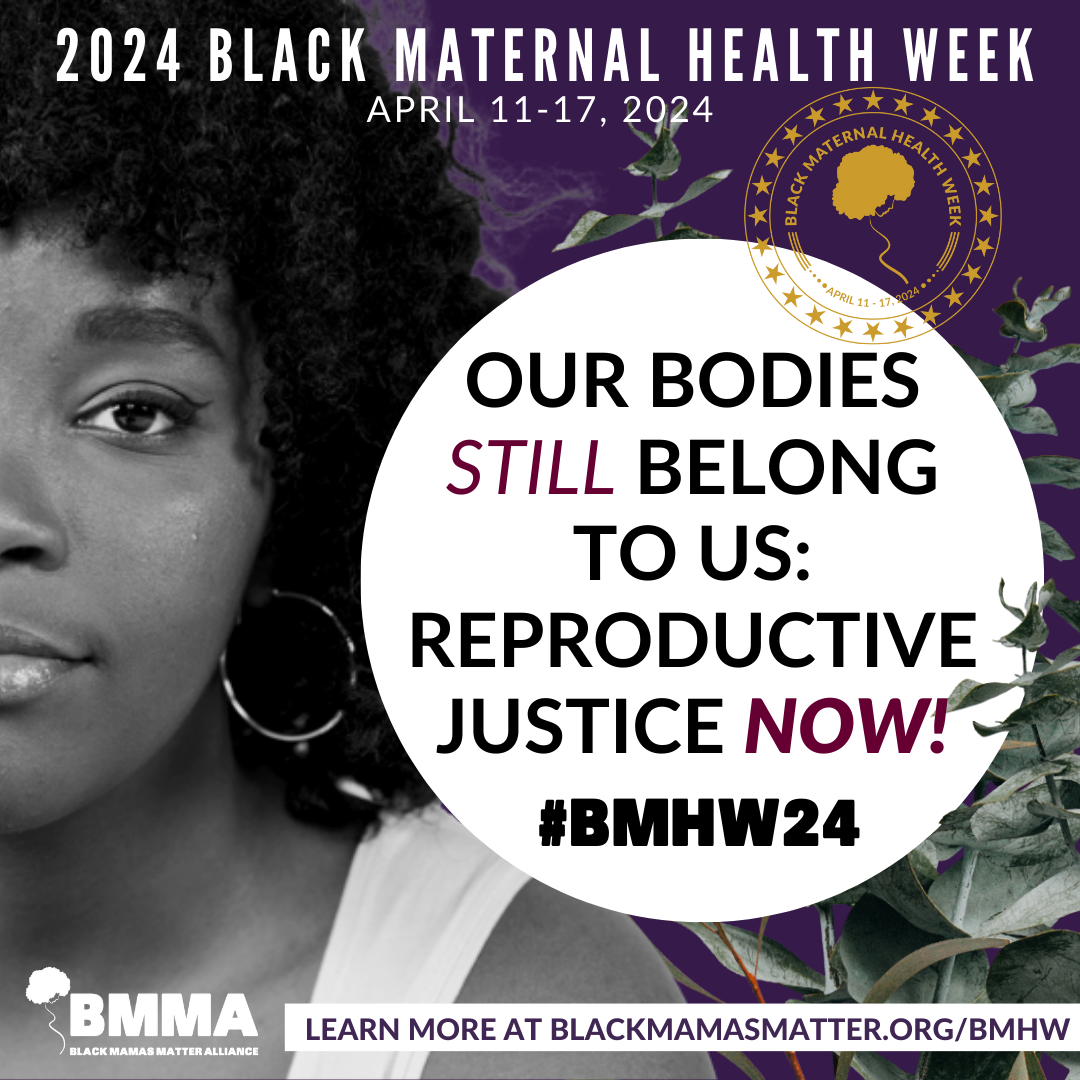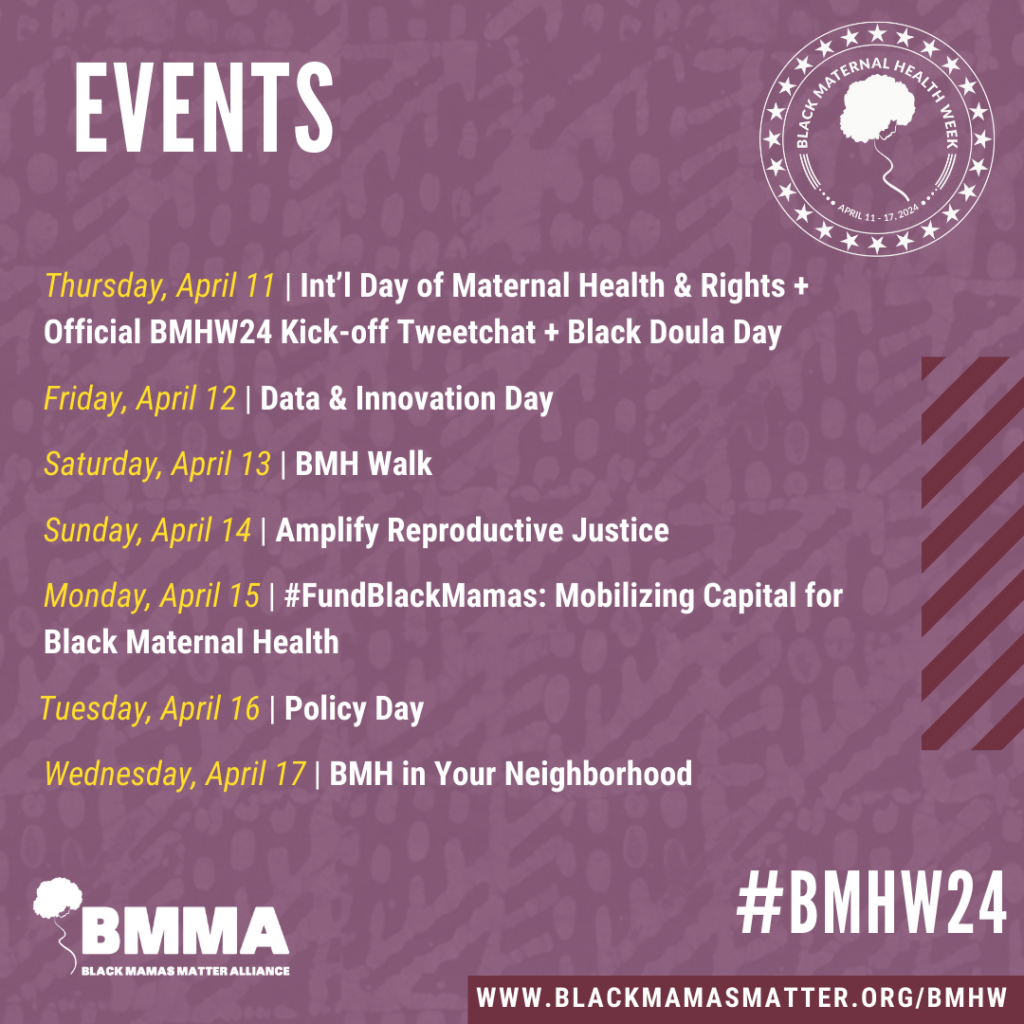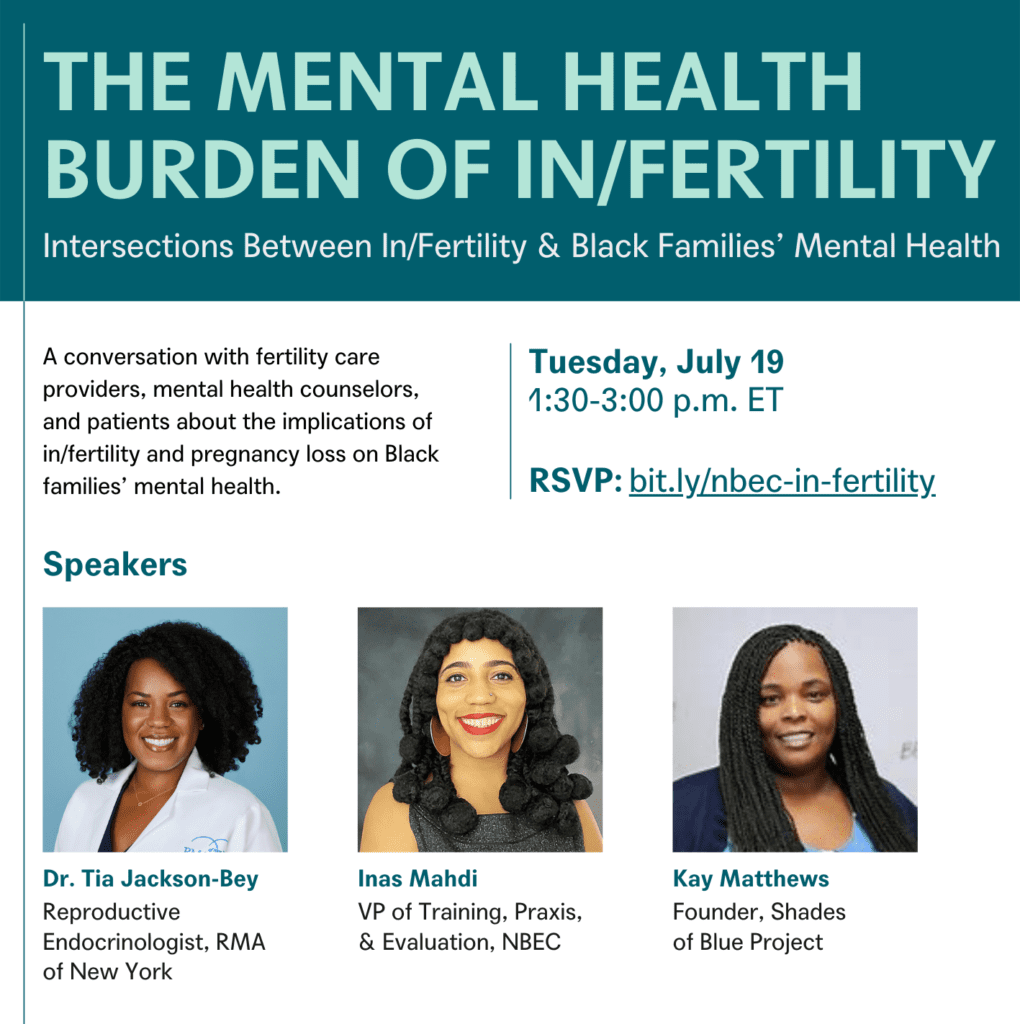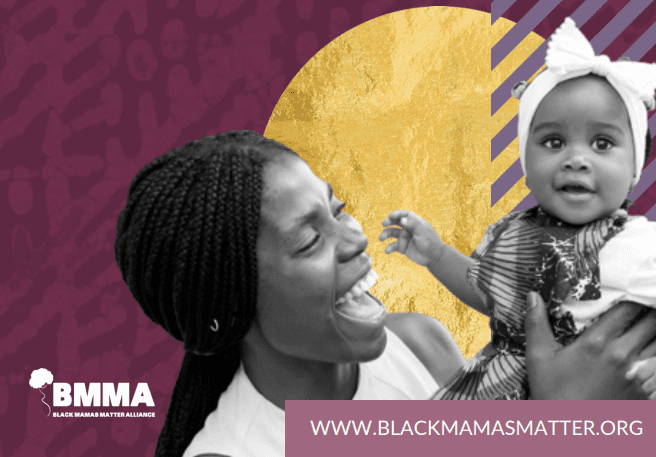Raising Awareness: Black Maternal Health Week, April 11-17
As the U.S. continues to experience a maternal health crisis, the campaign aims to raise awareness around racial inequities in maternal health outcomes.
The U.S. continues to experience a maternal health crisis—a crisis that disproportionately impacts Black women, who are nearly three times more likely to die than white women from pregnancy complications.

Black Maternal Health Week, held annually April 11–17, is a national week of action that aims to raise awareness around racial inequities in maternal health outcomes in the United States.
Founded by the Black Mamas Matter Alliance (BMMA)—a national network of maternal health, reproductive justice, and birth justice leaders—the week celebrates awareness, activism, and community building and focuses on evidence-based solutions such as Black midwifery and doula care.
The U.S. Maternal Health Crisis
With an undersupply of maternity care providers—especially midwives—and a lack of comprehensive postpartum supports, the U.S. has the highest maternal mortality rate among developed countries.
–U.S. Maternal Mortality vs. 10 Countries | Commonwealth Fund
“Our Bodies Still Belong to Us: Reproductive Justice Now!”
With the theme for this year’s Black Maternal Health Week “Our Bodies Still Belong to Us: Reproductive Justice Now!” BMMA writes, “Widespread restrictions on abortion care access coupled with rising cases of criminalization due to pregnancy loss continue to widen the gaps of adverse maternal and birth outcomes in the U.S. Many of the states with the most restrictive abortion bans have the worst maternal and child health outcomes and the least supportive social welfare and family support programs, particularly for Black women and birthing people.”
The U.S. Maternal Health Crisis Disproportionately Impacts Black Women
According to the Centers for Disease Control and Prevention, the U.S.’s maternal mortality rate nationwide jumped 32.8% percent in 2021—in part, exacerbated by the COVID pandemic—following an 18.4% increase in 2020.
The maternal mortality rate for Black women was 2.6 times higher than the rate for non-Hispanic white women in 2021.
For Black women, the rate in 2021 was 2.6 times the rate for non-Hispanic white women; in 2020 it was three times as high. Multiple factors—including structural racism, biased and discriminatory treatment from providers, limited access to quality care, and broader inequities in health that can lead to complications during pregnancy—contribute to the disparities.
Black Maternal Health Week: What You Can Do
- Learn more about Black Maternal Health Week 2024 and help raise awareness.
- Learn about BMMA and its work to improve Black maternal health.
- Participate in a Black Maternal Health Week 2024 event, listed below.
Protecting Midwifery Care
Kahoʻohanohano v. State of Hawaiʻi
The Center sued Hawai’i in February to block a midwifery restriction law and to restore access to safe, respectful, and culturally informed maternal care.

The Center for Reproductive Rights, along with SisterSong, is an original convener and supporter of BMMA and continues to be a strategic partner.
Read more.
U.S. Maternal Health and Rights Initiative
The Center’s U.S. Maternal Health and Rights Initiative focuses on improving maternal health equity and outcomes. Some of its policy priorities are extending post-partum Medicaid coverage and increasing access to midwifery and doula care. Read more here.




